Chinese martial arts encompass medical, health preservation, ethics, philosophy, and more, in addition to combat concepts. In general, all ancient martial arts have ways for enhancing physical health both physically and inside, including mind, body, and soul. These approaches, whether devised or adopted throughout time, have become inextricably linked to the martial arts to which they belong.
However, several Health Cultivation and Preservation systems have been designed in a unique and specific manner. These, along with our associations with TCM and Taoism, have been thoroughly examined and introduced as separate courses to the Taiping Institute repertoire during the previous few decades. Some methods were developed via the experiences of modern academics, while others have a lengthy history of transmission. Regardless, most strategies are centered on the most crucial concern of health.
Some of the important founders and inheritors of several Taiping Neigong/Qigong Systems:
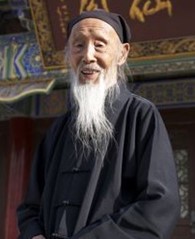 | 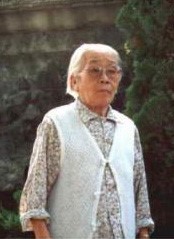 | 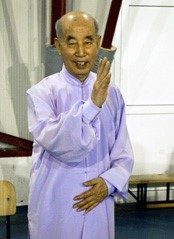 | 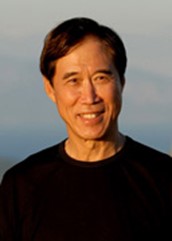 | 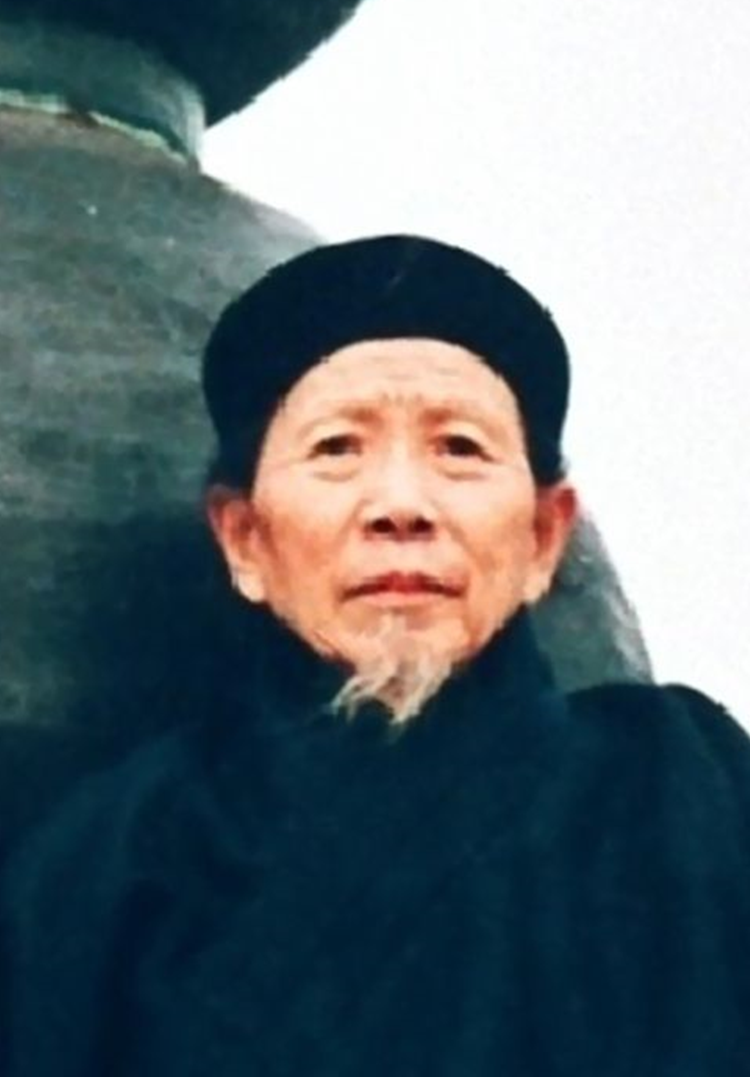 |
| Zhang Zhishun (1912 – 2015) Jingang Gong | Yang Meijun (1898-2002) Dayan Qigong | Zhang Guangde (1932 – 2022 ) Daoyin Gong | Li Junfeng (1938 – ) Shengzhen Gong | Liu Lihang (1902-2002) Chunyang Gong |
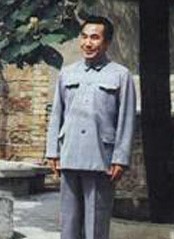 | 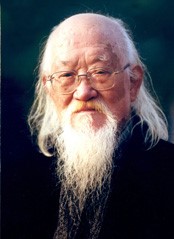 | 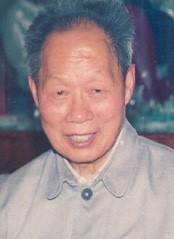 |  | 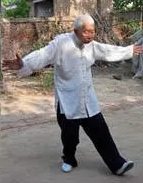 |
| Ming Pang (1940 – ) Zhineng Qigong | Lu Zijian (1893-2012) Bagua Gong | Pei Xirong (1913-1999) Wudang Gong | Feng Zhiqiang (1928-2012) Hunyuan Gong | Dong Wenhuan (1920-2012) Wu Qin Xi |
